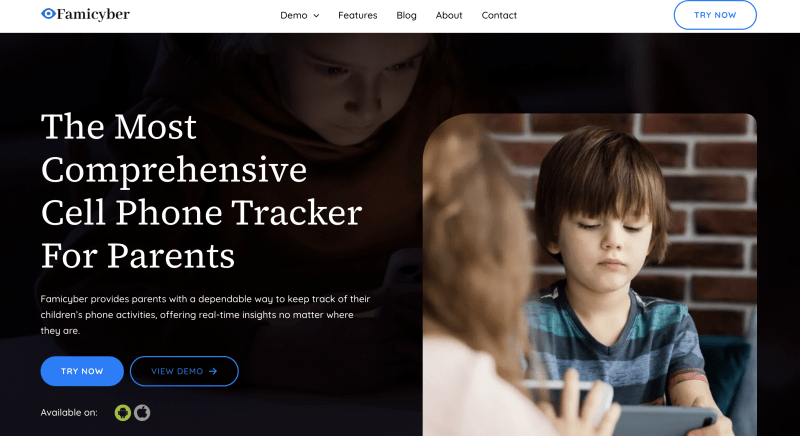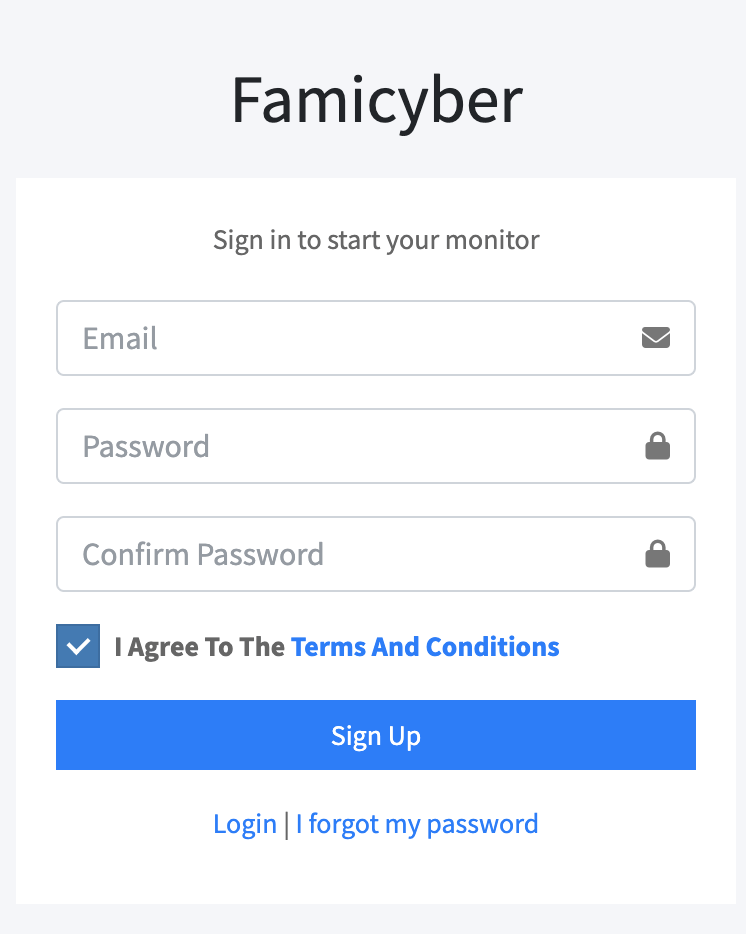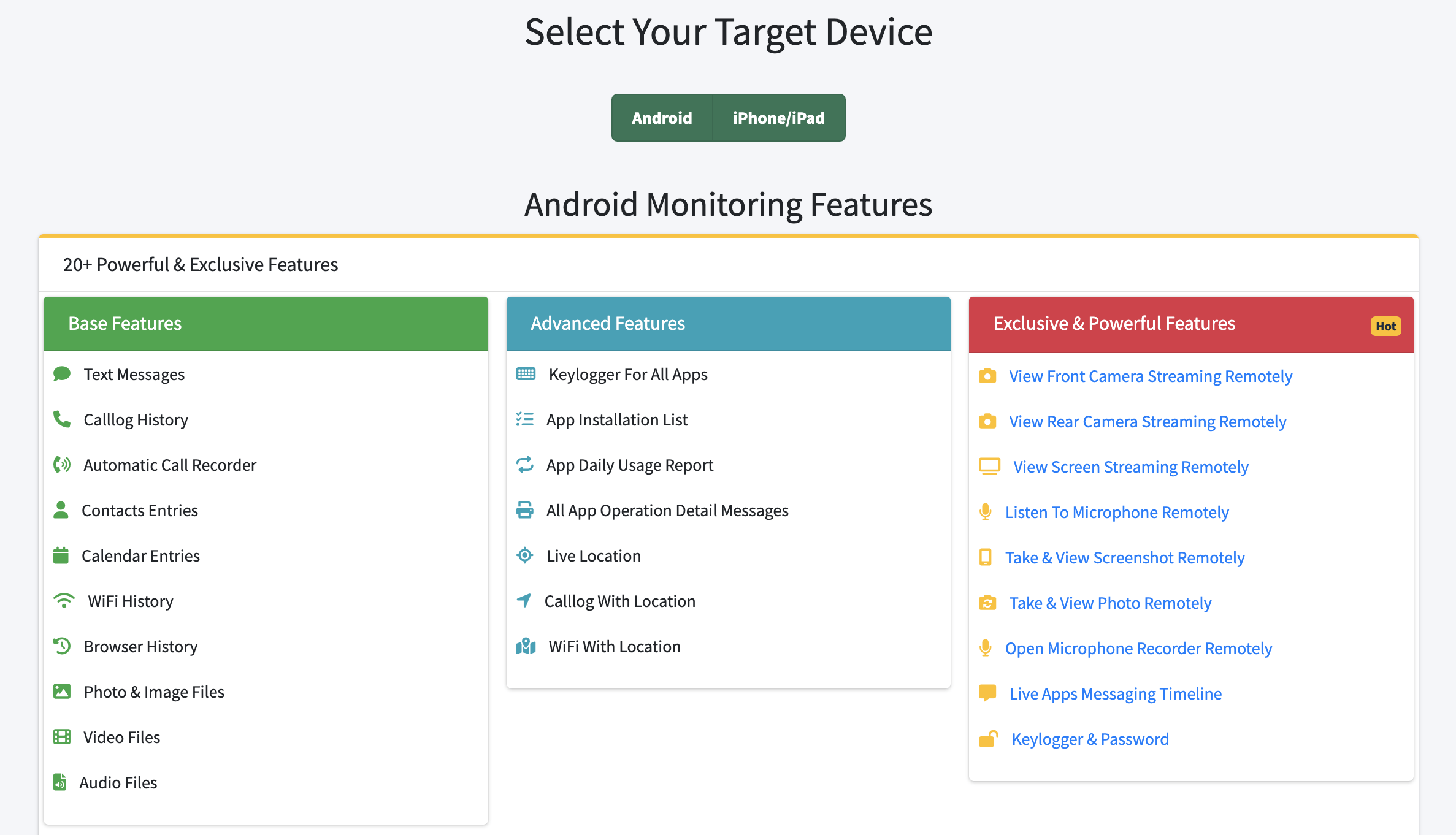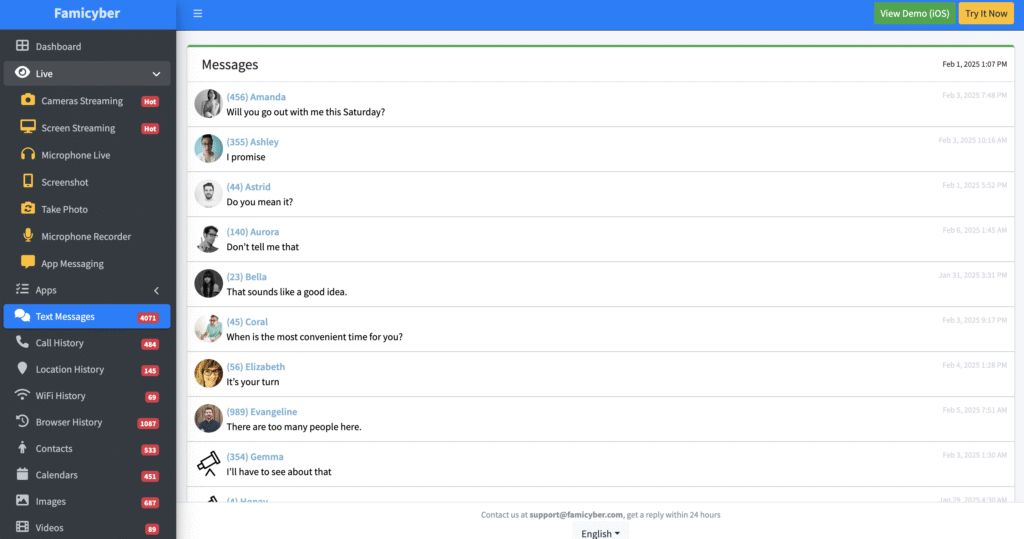In the quick-paced virtual world, abbreviations and slang dominate the way humans, especially teenagers, speak. One of the most typically used acronyms is “RN,” which stands for “Right Now.” RN emphasizes immediacy or describes what a person is doing, feeling, or wondering at the moment. It’s concise, flexible, and fits seamlessly into texts, social media posts, and group chats.
For parents, understanding slang like RN is essential for staying connected with their teens’ online conversations. While it’s often harmless, RN, like all slang, can take on different meanings depending on context. This guide will explore RN’s meaning of RNs, how teens use it, and how parents can monitor digital conversations to ensure their teens’ safety.
How Teens Use “RN” in Online Interactions
Teens are known for their love of quick, efficient communication, and RN fits perfectly into this digital age of instant messages and real-time updates. Here’s how teens commonly use RN across various platforms:
Expressing Current Activities
Teens frequently use RN to describe what they are doing in the moment, giving an instant snapshot of their activities. Examples include:
- “Studying for my math test RN.”
- “At the mall RN, so excited for the sales!”
Describing Feelings
RN is also commonly used to communicate emotions or moods, letting friends know how they’re feeling right now:
- “So stressed RN, this assignment is killing me.”
- “Feeling great RN, life’s good!”
Coordinating Plans
When making last-minute plans or organizing group activities, RN simplifies communication:
- “Who’s free to hang out RN?”
- “I’m available RN, let’s talk!”

Social Media and Content Sharing
On platforms like Instagram, TikTok, and Snapchat, RN is often used in captions, posts, and stories, allowing teens to share real-time experiences:
- A selfie captioned: “Bored AF RN, send me memes.”
- A TikTok video captioned: “Learning this dance RN. Watch me nail it!”
The simplicity and readability of RN have made it a staple of online conversations, perfectly suited to the fast, casual nature of digital communication.
Common Examples of “RN” Usage in Teen Conversations
1. In Text Messages
Texting remains one of the most popular platforms where RN is used. It adds immediacy and conveys emotion without the need for lengthy sentences:
- “Can’t talk RN, will call you later.”
- “Eating ice cream RN, jealous?”

2. On Social Media
Social platforms thrive on real-time updates, making RN an ideal term for captions and posts:
- A Snapchat story captioned: “Homework RN, wish me luck!”
- An Instagram post: “Relaxing by the pool RN, summer vibes.”
3. In Group Chats
In group chats, RN allows for quick updates, keeping everyone informed:
- “Let’s figure out where to meet RN, I’m free until 6 PM.”
- “Who else is stuck in traffic RN?!”
4. In Online Gaming
Gamers use RN to coordinate strategies or share updates with teammates:
- “Need backup RN, under attack!”
- “BRB, lagging badly RN.”

The versatility of the RN allows it to fit seamlessly into a variety of settings, making it a favorite among teens across all digital platforms.
When and How “RN” First Started to Appear in Texting and Social Media
The abbreviation RN emerged in the early days of texting and online messaging in the late 1990s and early 2000s. It gained traction alongside other abbreviated phrases like “BRB” (be right back) and “LOL” (laugh out loud). Initially popularized on systems like AOL Instant Messenger (AIM) and early texting systems, RN transitioned smoothly into the social media space as platforms like Facebook, Instagram, and Snapchat became mainstream.
As the digital landscape has evolved, so too has the context in which RN is used. Today, it’s a popular term that transcends platforms and age groups, but it remains most popular among young people who value speed and convenience in communication.
Is “RN” Just Casual Slang or a Sign of Secretive Behavior?
In most instances, RN is nothing more than informal slang. However, there are situations wherein the common or cryptic use of RN might sign something greater. Here’s how to distinguish between innocent usage and potential red flags:
Signs of Harmless Usage
- Informal Conversations: Used in casual texts or group chats to explain current activities or feelings.
- Clear Communication: Paired with straightforward, honest messages.
- Common in Social Settings: Frequently used with friends in group chats or social media posts.
Potential Red Flags
- Frequent Use with Vague Responses: If your teen uses RN to avoid giving details or answering questions (e.g., “Can’t explain RN, bye”), it could indicate they’re hiding something.
- Pairing with Other Cryptic Slang: When RN is used alongside unexpected or complex abbreviations, it might signal secretive communication.
- Behavioral Changes: If your teen becomes defensive or avoids discussions about their online activities, it’s worth paying attention to how frequently they use RN or similar slang.

While RN itself is usually innocent, understanding its context helps parents identify when something may need closer attention.
How Parents Can Keep Up With Teen Slang Like “RN”
Keeping up with slang like RN can be challenging, however, staying informed is vital for knowing your teenager’s digital communication habits. Here are some practical approaches to living in the loop:
1. Educate Yourself About Common Slang
Get familiar with famous abbreviations and their meanings. Online resources such as slang dictionaries or parenting blogs can help you decipher new terms.
2. Ask Your Teen Directly
Approach your teen with curiosity, not judgment. This encourages open conversations and shows that you’re engaged in their world:
- “I noticed you said RN in your text—what does it mean?”
- “Do you use a lot of slang when texting? What are some of your favorites?”
3. Monitor Communication with Famicyber
Tools like Famicyber allow parents to discreetly track their teen’s online interactions, ensuring they’re using slang like RN responsibly and appropriately.

How Famicyber Helps Parents Stay Informed About Slang Like RN
Famicyber is an effective tool designed to help parents screen their teenager’s virtual activities without invading their privacy unnecessarily. Here’s the way it works:
Step 1: Register a Famicyber Account
Sign up on the Famicyber website and quickly create an account.

Step 2: Choose a Plan
- For Android Users: Download and install the app to your teenager’s tool with the use of the provided commands.
- For iPhone Users: Use iCloud credentials (ID and password) to get the right of entry to records remotely without physical right of entry to the tool.

Step 3: Monitor Activity
Log in to the Famicyber manipulate panel to tune:
- Text Messages: Identify slang phrases like RN and analyze their context.
- Social Media Usage: Monitor hobbies on structures like Instagram, Snapchat, and TikTok.
- Communication Patterns: Detect adjustments in messaging conduct or new slang usage trends.

Famicyber empowers mother and father to stay knowledgeable at the same time as preserving a stability of believe and oversight.
Practical Tips for Parents to Monitor Teen Communication
Stay Curious, Not Critical
When talking about slang like RN, approach the subject with curiosity. This encourages open dialogue rather than making your teen feel judged.
Establish Boundaries Together
Work with your teen to set guidelines for safe online behavior, such as avoiding conversations with strangers.
Encourage Transparency
Foster an environment where your teen feels comfortable sharing their online experiences with you.
Use Technology Wisely
Leverage tools like Famicyber to monitor communication habits discreetly, ensuring your teen uses digital platforms responsibly.
Observe Behavioral Patterns
Pay attention to changes in your teen’s texting habits, such as an excessive use of slang or evasive responses.
FAQs
What does RN mean in texting?
RN stands for “Right Now,” used to describe immediate activities, emotions, or plans.
Is RN only used by teens?
While RN is popular among teens, it is also used by people of all ages in casual conversations.
Should parents be concerned about slang like RN?
RN is generally harmless. However, if it’s paired with secretive behavior, it’s worth monitoring.
How can parents talk to their teens about slang like RN?
Ask questions in a non-judgmental way, such as, “I noticed you use RN a lot—what does it mean to you?” This encourages open conversation.
What does Famicyber do for parents?
Famicyber helps parents track text messages, social media interactions, and communication patterns to monitor their teen’s digital behavior.
Conclusion
RN is just one of many abbreviations shaping how teens communicate in the digital age. Understanding its meaning and context can help parents stay connected with their teen’s online behavior and ensure their safety.
By combining open communication with tools like Famicyber, parents can monitor their teen’s use of slang responsibly, fostering trust and transparency. Staying informed about terms like RN is not just about keeping up with trends—it’s about creating a safe and supportive environment for teens to thrive in the digital world.
Hi, I’m Elaine, a psychologist specializing in digital psychology, focusing on how technology impacts teens and adults. At famicyber.com, I offer advice on managing online behavior, from guiding parents with teens’ screen time to helping partners maintain healthy digital relationships. I hold degrees in Clinical Psychology from Columbia University and have 6 years of experience as a Clinical Psychologist and 4 years as a Researcher.






